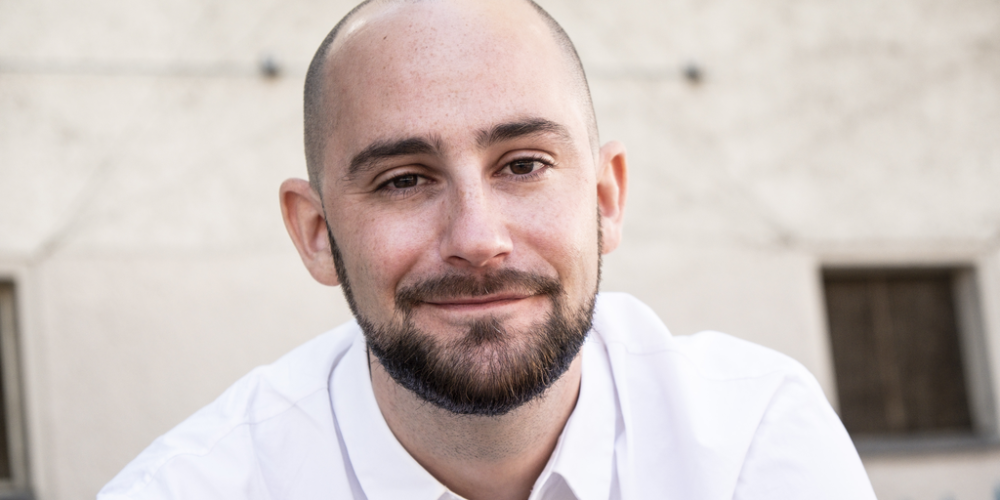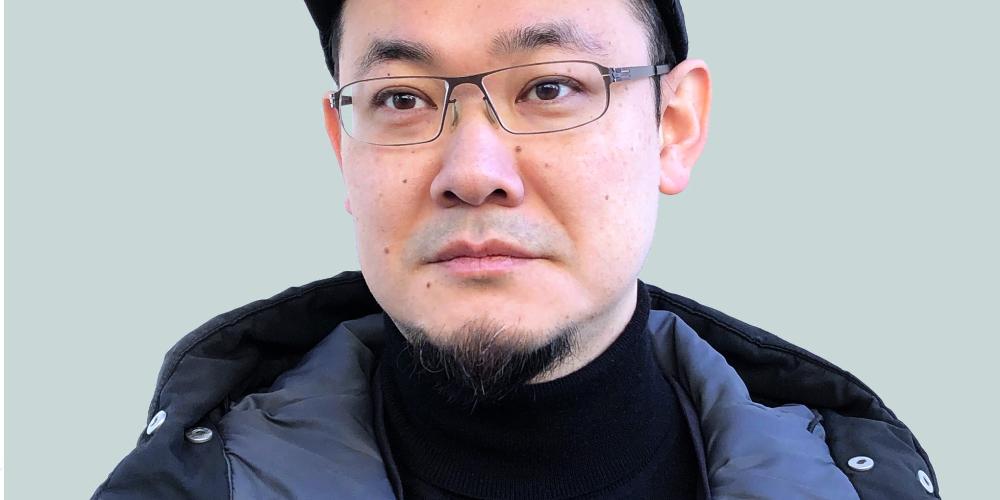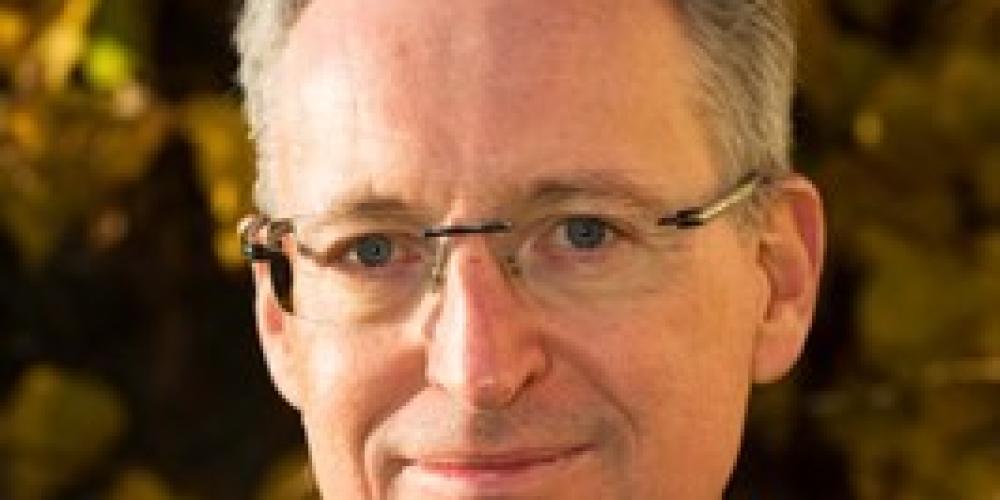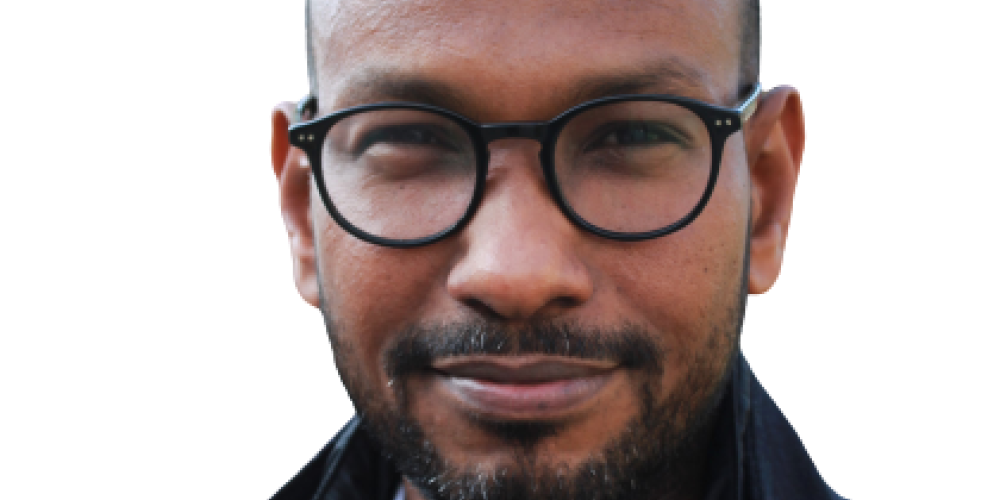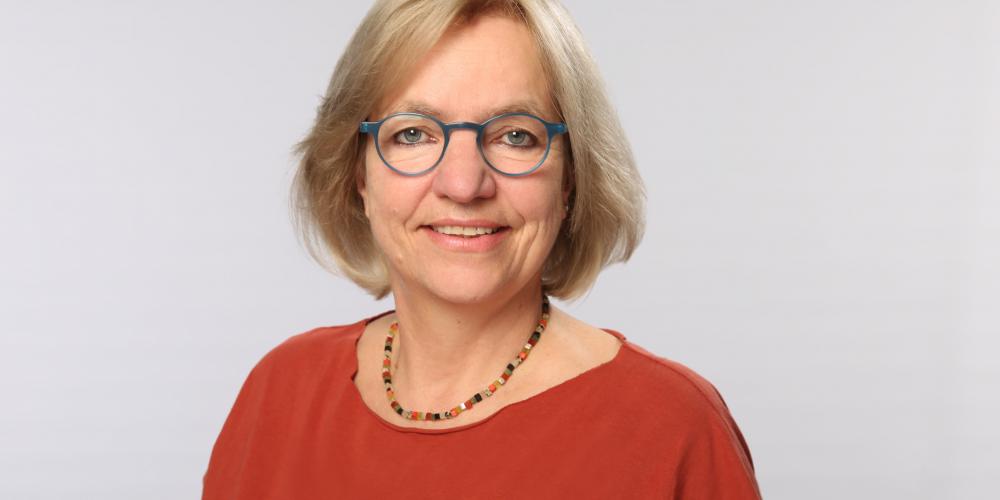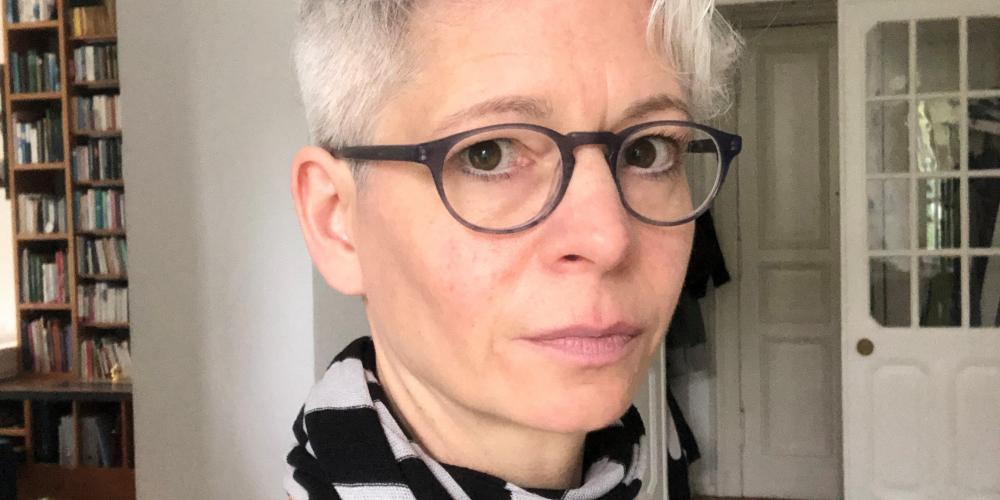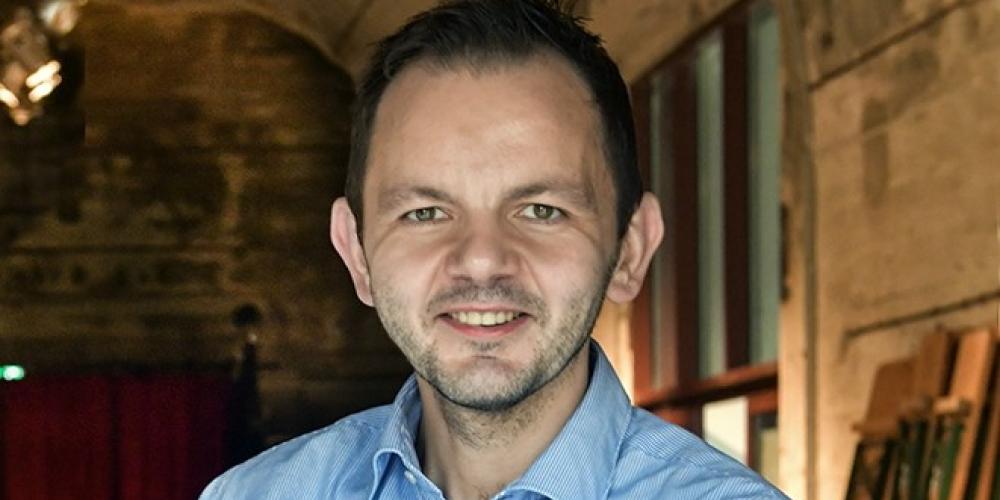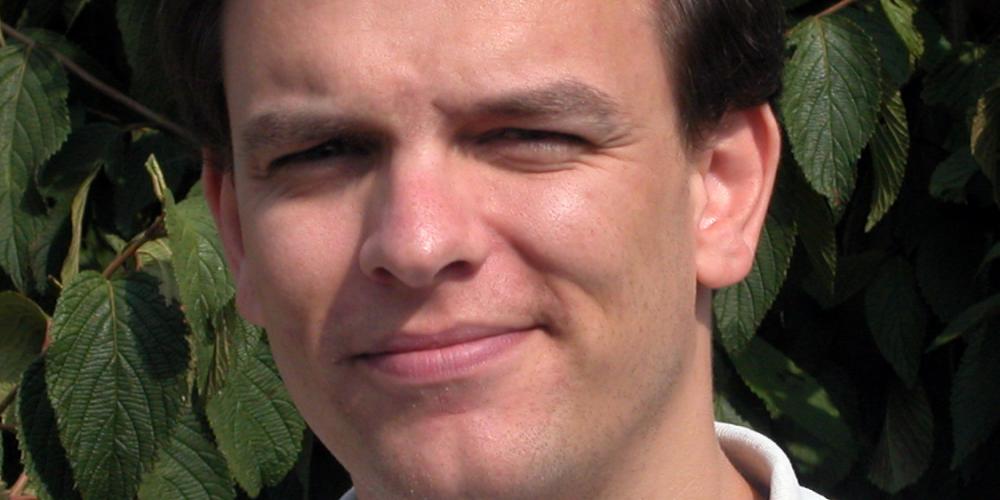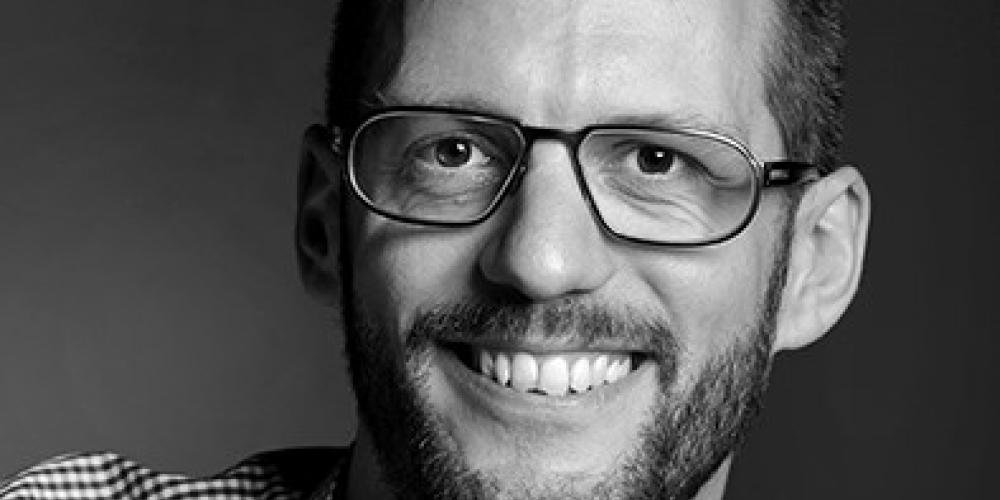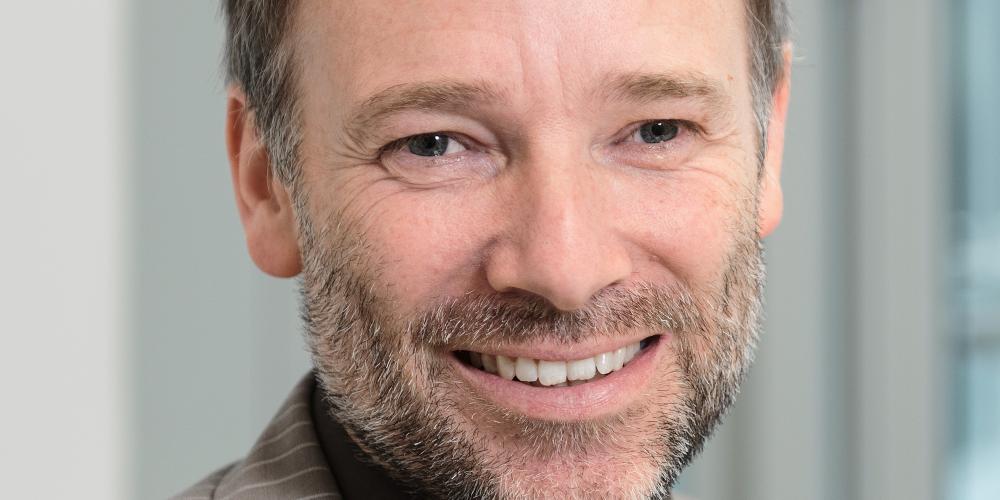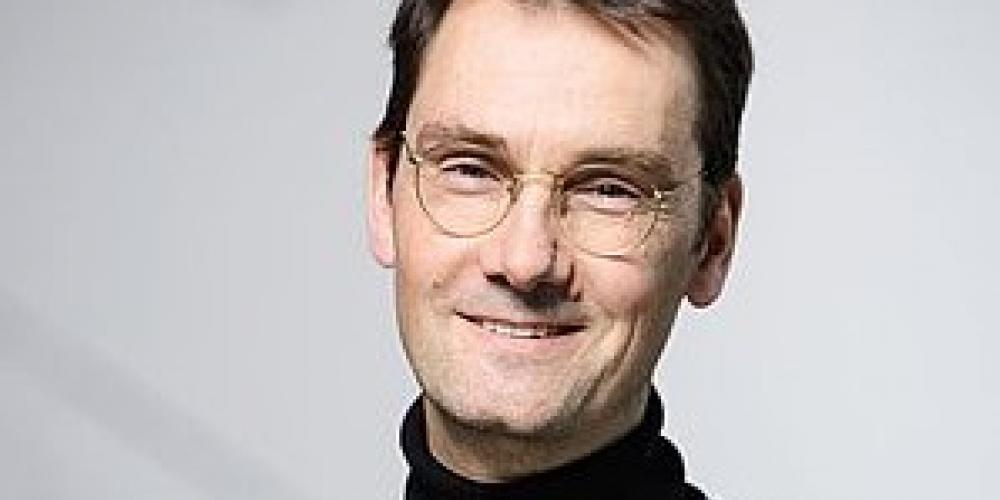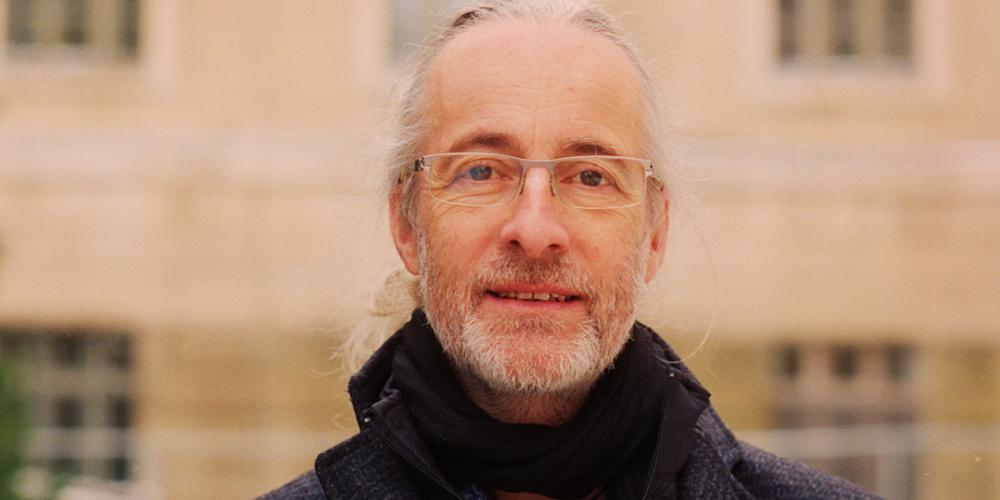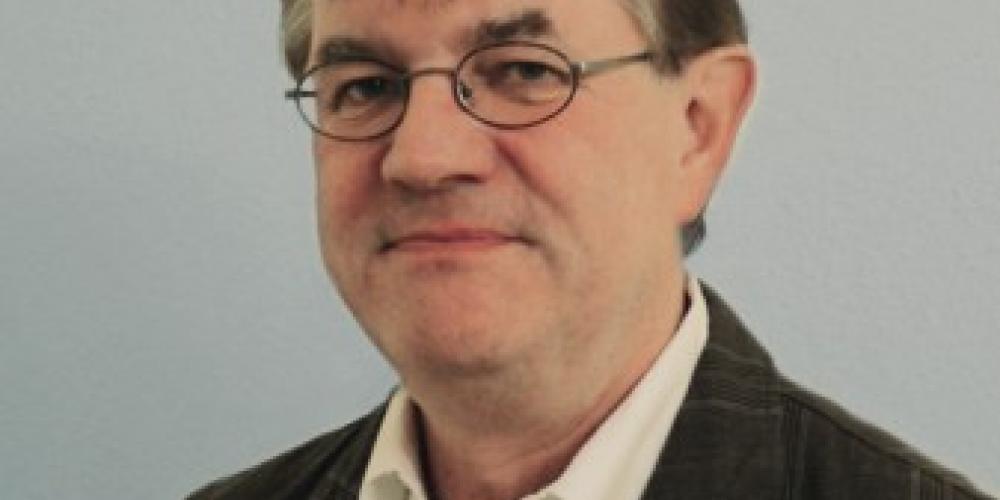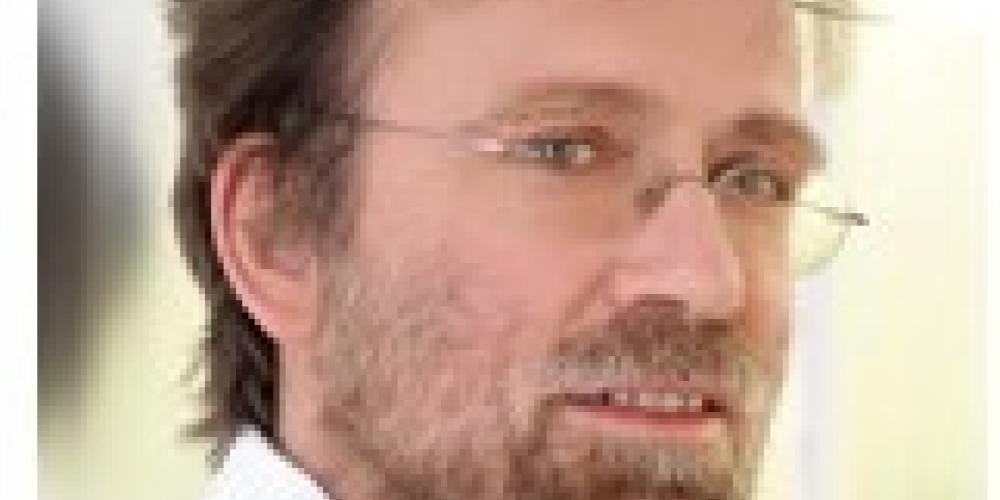Sustainability & Ressource Efficiency
Prof. Staab's research combines topics of labor, social structure analysis, sociology of technology and political economy in a contemporary analytical perspective. Currently, Prof. Staab is particularly involved with questions of the political shaping of digital capitalism, the connection between digitalization and sustainability, as well as the role of critical infrastructures for the future viability of modern societies. The professor pursues a theory-oriented, present-diagnostic sociology in the context of social change, conflict, and inequality, which always seeks dialogue with the public.
- consulting,
- drafting of studies and
- policy papers as well as presentations
on important current topics in the areas of society, politics and economics, in particular digitalization and sustainability as well as work. The focus is on future developments of society as well as political and economic options for action.
- Organizing and conducting several conferences with a large political foundation
- Writing a policy study for a large labor union
- Advising members of parliament, ministries as well as the European Commission
Prof. Miyazaki, is a critical humanities scholar working on the theory, critique, and history of digital media, digitization, and computation as productive practice. He uses numerous social-critical, philosophical and technology-related theories of the last century (historical materialism, critical theory, poststructuralism, science and technology studies, media theory, media archaeology, postcolonialism, design studies). Currently, Prof. Miyazaki is working on the theory and history of alternative, non-profit, sustainable production practices that could be realized through other types of digitization. The focus is not only on social change, but also on technical-media change, which has no future without critical knowledge of technology.
Consulting through studies, lectures and talks on current topics in the field of information technologies, algorithms, society, culture and politics with a focus on digitalization, sustainability and criticism. The focus is on the deployment of alternative lifestyles and forms of life in the future, as well as socio-political opportunities to take action.
- Establishment of the Critical Media Lab at the Institute Experimental Design and Media Cultures at the School of Art and Design FHNW (Claudia Mareis).
- Associated Investigator in the Cluster of Excellence "Matters of Activity".
- Publication: "Counter-Dancing Digitality. On Commoning and Computation".
Prof. Peter H. Feindt and his research team focus on the transformation of agricultural and food systems towards sustainability, resilience, and fairness. To do this, we analyze the design and impact of individual policy instruments, policy mixes, and more comprehensive political and societal governance strategies. We employ qualitative, quantitative, and participatory-interactive methods. Prof. Feindt has extensive experience in research on agricultural, environmental, and technology policy, sustainability transformations, and the resilience of agricultural systems.
- Consulting for public authorities, NGOs, and industry associations in the agricultural and food sectors
- Analysis of governance structures and policy-making
- Development of strategies for improving governance and policy designs
- Conducting workshops to analyze and resolve transformation conflicts in the agricultural and food sectors
- Continuing education offerings in the areas of agricultural and food policy
Prof. Feindt and his team have already conducted extensive projects for federal and state ministries, the European Commission, and various associations. He is also the Chairman of the Scientific Advisory Board for Biodiversity and Genetic Resources at the Federal Ministry of Food and Agriculture, a member of the Scientific Advisory Board for Agricultural and Food Policy at the same ministry, a member of the German Bioeconomy Council, and a member of the board of the German Alliance for Agricultural Research (DAFA).
PD Dr. Siddig is interested in studying the trade-offs and synergies between the production and use of water, energy, and food in developing countries as influenced by climate, population, and policy, including distributional, economic, and regional impacts.
Geographically, his research focuses on Africa and the Middle East. Methodologically, he relies largely on economy-wide simulation models, with CGE models leading the way (including ind GAMS and Gempack). In addition, Dr. Siddig works on capacity development in the area of database development and on policy simulation modeling in a development context.
-
Computable General Equilibrium (CGE) modeling and macroeconomic analysis in GAMS and Gempack
-
Social Accounting Matrix
-
Policy modeling
-
Development of training materials and training of groups and individuals
-
Mastery and experience in developing and training developers of social accounting matrices (SAMs) and GTAP-ready input-output tables (IOTs)
- Entwicklung und/oder Schulung von Entwicklern von SAMs und/oder IOTs für Sudan, Ägypten, Israel, Palästina, Benin, Kenia, Chile, Armenien und Nigeria
In the course of her research at the Humboldt University, Dr. Neubert deals with land use, the different models, possibilities, challenges and questions that go along with it. She and her team can be described as Land Use Specialists.
Dr. Neubert leads research projects and teaches in the areas of: Rural and agricultural development, water resources management, climate change adaptation. Development and implementation of the participatory impact assessment method: MAPP.
- Trainings and consultations on topics such as: "International Cooperation for Sustainable Development".
NaTiMon (BMEL)
PanSens ( Agricultural Pension Bank) with dropnostix GmbH
Professor Hillman's research focuses on the influence of husbandry conditions and management practices on the welfare of farm animals. Her research in the area of animal welfare ranges from the validation of animal welfare indicators, including animal health, to the practical implementation of animal welfare measures.
Hillmann and her team concentrate on animal behavior. In addition, they use information on animal health, such as (stress)-physiological variables and economically relevant characteristics (e.g., meat quality).
Ethical and legal considerations also play a role in her research. However, practical problems in animal husbandry are in the foreground. Besides classical behavioral observations, often with the help of video recordings, stress-physiological, clinical and cognitive parameters are added, but also techniques for automated recording of animal behavior.
Many problems in animal husbandry are related to a disturbance in behavioral control. Professor Hillmann's basic research in behavioral control thus also leads to solutions of practically relevant behavioral problems in farm, pet, laboratory, and zoo animals. Such solutions work at the roots of the problems because they are based on causal understanding of the underlying control mechanism.
In both application and basic questions, the measurement and consideration of the animals emotion plays a critical role as a component in the control of behavior, as well as in relation to their welfare.
Her research thus moves in the area of tension between scientific/clinical basic research, application and questions from the fields of agricultural economics and social sciences.
- Equipment for behavioral observation (video/3D acceleration)
-
NaTiMon (BMEL): Development of basic principles for regular, indicator-based monitoring and reporting on the status of animal welfare of sheep and goats in Germany, as well as its change over time. This animal welfare monitoring is intended to take into account the various dimensions of animal welfare at the relevant stages of the animals' lives (husbandry, slaughter, transport)
-
PanSens ( Agricultural Pension Bank): The object of the sub-project is the application of the reference system for standing and lying times, the basic validation of the parameters movement activity and standing and lying times, and the scientific monitoring of the development work and the iteration for the detection of specific cow diseases. Practice partner: dropnostix GmbH
- Education and training for animal experimenters (selective)
The World Economic Forum (WEF)
Berlin SME
Chemspeed Technologies Ltd
Professor Bojdys research focuses on the design of covalent organic polymers with applications as organic transistor devices and on light-reactive polymers (e.g., Nat. Commun. 2019. DOI: 10.1038/s41467-019-11264-z). He and his team cooperate with established battery and coating companies and with a Berlin SME.
Since 2018, Professor Bojdys has been a member of the "Young Scientists" at the World Economic Forum (WEF) and further serves on their advisory board since 2019.
- Gas sorption analysis: Quantachrome Instruments Autosorb IQ (probegases: N2, Ar).
- Robotic synthesis & formulation: ChemSpeed ASW 2000
- X-ray diffractometers (Cu and Mo radiation, transmittance, Bragg-Brentano and reflectonomy configuration).
- groupwork focusing on flexible batteries with a Berlin SME
- cooperation on robot-assisted synthesis with Chemspeed Technologies Ltd.
- collaboration with The World Economic Forum (WEF)
- council member at "Young Scientists"
- WO/2020/216408 - RECHARGEABLE LITHIUM-ION BATTERY ANODE, AND METHOD FOR PRODUCING A RECHARGEABLE LITHIUM-ION BATTERY ANODE
- WO/2016/027042 - TWO-DIMENSIONAL CARBON NITRIDE MATERIAL AND METHOD OF PREPARATION
- ERC Proof of Concept Grant (Ultra-high energy storage Li-anode materials - LiAnMAT)
- ERC Starting Grant (Beyond Graphene Materials - BEGMAT)
H. Lorberg Baumschulerzeugnisse GmbH & Co. KG, Bein GmbH, Bayer Crop Science, XEROFLOR
Prof. Ulrichs is an expert in the field of ecophysiology of plants with a special focus on plants in urban spaces. His team studies processes, which determine plant growth, e.g. stress exposure in an urban environment. The emphasis of his research lies on the analysis of the secondary metabolite balance (incl. its nutritional function), substance allocation, competition and plant-insect interaction. Prof. Ulrichs other major field of expertise is the quality assurance in food supply chains of horticultural products, especially for perishable foodstuffs like fruits and vegetables in temperate zones as well as in tropical/subtropical regions.
- molecular methods
- in-vitro propagation
- HPLC
- GC/MS
- electroantennogram studies
- trace gas analysis using photoacoustic spectroscopy
- German specialty chemicals group: development of nanostructured plant protection agents
- H. Lorberg Baumschulerzeugnisse GmbH & Co. KG (tree nursery): selection of climate-tolerant boulevard trees (Alleebaum)
- Bein GmbH: development of electrostatic application processes of nanostructured elements
- Bayer Crop Science: biosensors to prove the existence of plant viruses
- XEROFLOR: development of vegetation carriers to prevent soil erosion in the Alps
Prof. Kuemmerle’s team strives to better understand how land use change affects the environment and society. This includes assessments of spatial patterns and the underlying drivers of, for example, tropical deforestation, agricultural abandonment, or intensification of farming. Furthermore, the team studies how changes in land use affect the ecosystem services (e.g. food production or carbon storage) and biodiversity. As one focus the work group analyses trade-offs between use of resources and nature conservation, as well as how such trade-offs could be mitigated. The group also seeks to generate insights and records of high practical value for land use and nature conservation planning, and to assess the effectiveness of nature conservation measures. Prof. Kuemmerle’s regional focus is on Europe, the former Soviet Union and Latin America.
- the working group offers quantitative, spatially-explicit methods drawing from spatial ecology, geoinformatics, remote sensing, spatial statistics, econometrics, conservation planning, and wildlife biology
- equipment to carry out broad-scale surveys to gather primary data
- server and data storage infrastructure that allows for computationally demanding and/or big data projects
- different projects with environmental organisations
alta4
Geoinformatics AG
NGOs, authorities and global tech- and logistics companies
Prof. Hostert’s explores cutting-edge satellite data analysis. His main focus lies on questions regarding the global change, particularly large-scale mapping in agrarian- and forestry systems and near-nature ecological systems worldwide. He analyses the change of the earth’s surface through different methods, for example with machine learning, big data, time series analyses, hyperspectral and multisensor approaches, as well as multiscale analyses. Regional expertise of the team covers Germany, the mediterranean areas and South America, as well as Central Asia.
- satellite data analysis
- AI in remote sensing
- large-scale remote sensing analysis with big data approaches (particularly Sentinel-2, Landsat), funded through projects of the BMWi, BMBF, BMEL, as well as the EU
- scientific monitoring of satellite missions (Landsat Science Team, EnMAP ScientificAdvisory Group)
- satellite based mapping and land use analysis for NGOs, authorities and global tech- and logistics companies
Prof. Dobbek analyses the biochemical principles of bacterial growth on substrates, i.e. carbon dioxide, carbon monoxide as well as aromatic compounds, which also are pollutants. The main focus lies on the functional and structural investigation of metalliferous enzymes that transform unreactive molecules in oxygen free conditions and thus enable bacteria to grow in a seemingly hostile environment. Developing new (biological) catalysts capable of energy-efficiently transforming carbon dioxide and monoxide is Prof. Dobbek’s goal. Moreover these catalysts are designed to generate new enzymes for the biological decomposition of substances damaging to humans and the environment.
- production of proteins under aerobic and anaerobic conditions (FPLC and HPLC procedures)
- robotic protein crystallization under standard conditions and in oxygen free conditions (glovebox technique)
- crystallographic structural analysis of proteins
- general methods in the field of structural bioinformatics
- methods to examine enzymatic processes, e.g. fast mixing methods (stopped-flow spectroscopy under aerobic and anaerobic conditions), analyses using HPLC, GC-MS, UV/Vis- and fluorescence spectroscopy, isothermal titration calorimetry under aerobic conditions
German Association of Skiing Clubs, City of Aachen
The team of Christoph Schneider works on the impacts of climate and climate change in the field of urban climates and in the field of cryospheric sciences (anything related to snow and ice). His expertise comprises the downscaling of meteorological respectively climatological data for applications in high spatial resolution, for example for urban planning and construction schemes and also for the analysis of potential impacts of climate change on the level of city quarters and cities. Furthermore, such numerical and empirical-statistical procedures are applied to the projection of future water resources in glaciated catchments in high alpine environments worldwide. This also leads to applications regarding the future state of snow covers in mountain ranges which is especially important for questions of future prospects of snow sport tourism. In both fields of applications, the urban climatology and the cryospheric research, measurement strategies and data acquisition of relevant atmospheric variables for the projects are used besides theoretical modelling approaches and downscaling as outlined above.
- automatic weather stations
- turbulence stations
- devices for particulate matter and ultrafine particles
- mobile sensoring techniques for meteorological parameters
- measurement van as platform of mentioned instrumentation
- Study of the potential and feasibility for large solar power plants on the Iberian Peninsula and in Northern Africa for a large German solar power panel manufacturer (2005)
- Study of the projections of impacts of climate change on snow sport in German low moutain ranges for the German Association of Skiing Clubs and the German Federal Secretary of Research and Education (2008)
- Urban climate analysis for construction schemes for the City of Aachen (2006-2012)
- Climate change adaptation plans for cities in North Rhine-Westphalia (2014, 2015)
G.F. Schreinzer Positronik, Steinbeis GmbH & Co. KG, Steinbeis GmbH & Co. KG, Pronova Analysentechnik GmbH & Co. KG, newtec Umwelttechnik GmbH
Biosystems engineering works at the interface between engineering and biological production processes. Prof. Schmidt and his team develop engineering solutions for a sustainable agricultural production of crops and other environmental friendly technologies. Prof. Schmidt’s research thus leads to innovative plant farming methods in greenhouses, outdoors and other intensive crop farming systems. Alternative energy supply systems (low energy greenhouses) and closed material cycles for intensive crop farming (water hygiene, sensor systems and algorithms for fully automated nutrient solution supply in closed cycles) are Prof. Schmidt’s research area. His main activity herein is the development of sensors for gas analyses, climate measurement technology and that of software supporting decision making in automation systems. Moreover, the team also provides energetic assessments in complete production systems and parts thereof as well as process analyses.
- Experimental greenhouses with energy and material flow analytics, CO2 enrichment, artificial lights and fog systems
- Plant monitors for continuous measurement of photosynthesis, transpiration, tissue temperature, stomatal conductance, climate measurement, gas analyses (Co2, ethylene), soil moisture sensors
- Freely programmable automation system for climate and process control in greenhouses
- G.F. Schreinzer Positronik, Steinbeis GmbH & Co. KG: Development of an automation system for greenhouses based on measurement details of plants (Phytocontrol)
- Steinbeis GmbH & Co. KG: National collaborative research project „The Low Energy Greenhouse“ („Zukunftsinitiative Niederigenergiegewächshaus“, ZINEG)
- Pronova Analysentechnik GmbH & Co. KG: Development of ionselective sensors for continuous recording of ion proportion in circulating nutrient solution systems; Development of measuring device to analyse phytometric reactions in plants
- newtec Umwelttechnik GmbH: Development of re-circulating irrigation system with reduced phytosanitary risk in greenhouses
Prof. Grimm and his team mainly investigate the metabolic control of tetrapyrrole biosynthesis and photosynthesis. They also do research on the regulation of sucrose transport in plants. The plant science team is interested in studying the unique properties and functions of plant cells, such as intracellular communication between the nucleus and the two main plant organelles, plastids and mitochondria. Prof. Grimm’s group applies several experimental methods and techniques from the areas of biochemistry, genetics, molecular and cell biology in their research and in the training programs for students and young academics.
The Plant Physiology group provides all necessary equipment and instrumentation for plant growth and molecular genetics, biochemical and physiological work:
- S1 greenhouse
- growth cabinets for Arabidopsis
- radionuclide laboratory
- HPLC equipped with diode array and fluorescence detector
- FPLC
- fluorescence spectrometer
- microtiter plate reader (w/ fluorescence detection)
- UV/Vis photometer • PAM-2000 fluorometer
- LI-COR photosynthesis device
- fluorescence microscope
- ultracentrifuges and high speed centrifuges including rotors
- clean benches
- incubators for growth of genetically modified bacteria and yeast
- several PCR machines, e.g. microplate readers and PCR light cycler
- confocal laser scanning microscope (CLSM)
- Oil mills: pigments in rapeseed oil
- Food-producing corporation: postharvesting treatment and storage of leafy greens
- Pharmaceutical group: vitamin synthesis and content in plants
